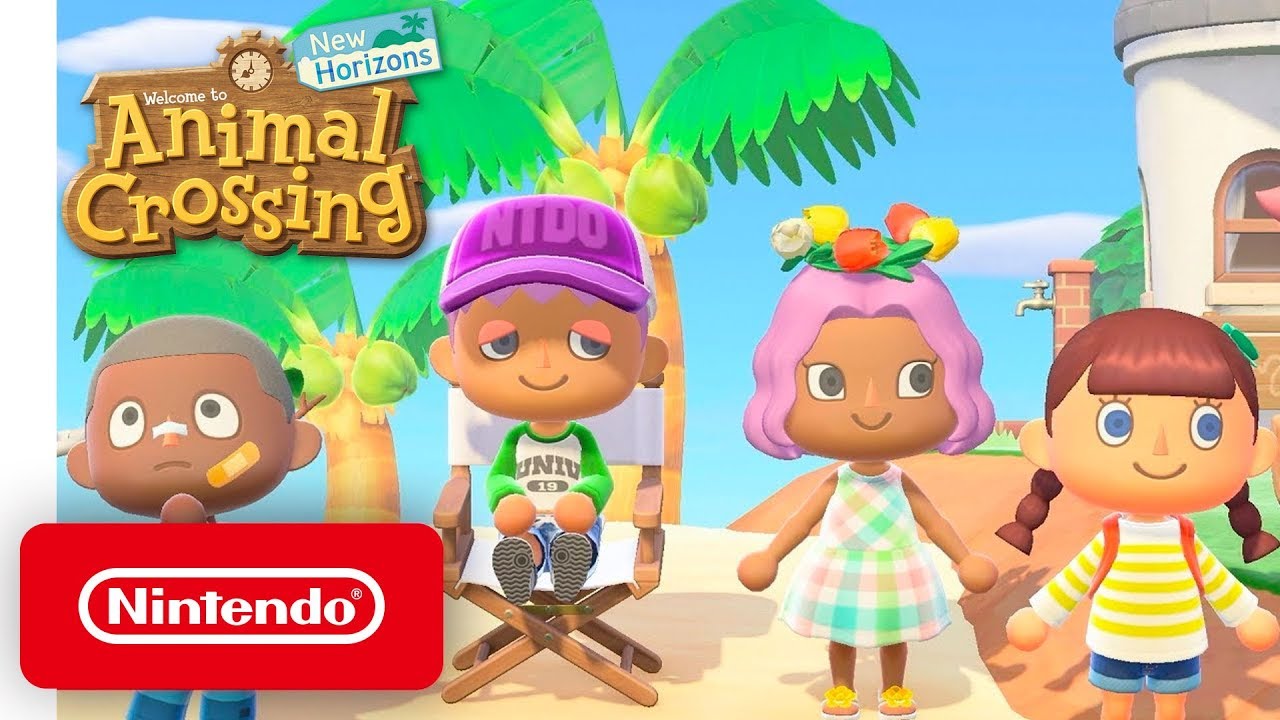OpenAI’s latest venture, Sora 2, has ignited significant debate in the gaming industry over the use of artificial intelligence in generating content that involves copyrighted material.
Released just days ago, Sora 2 is a standalone app designed to rival platforms like TikTok and Instagram.
However, the central distinction is that every video on this platform is AI-generated using the sophisticated Sora 2 video creation model.
Sora 2’s capabilities are made possible by extensive training on millions of hours of publicly available video, drawing from a broad cross-section of internet footage—including media from prominent companies such as Nintendo, Sega, and Microsoft.
This has resulted in a surge of content that leverages recognizable characters and properties, drawing swift attention from the gaming community and industry observers alike.
Nintendo, in particular, has been a frequent target, with videos featuring iconic franchises flooding social network feeds within days of Sora 2’s release. Reactions across social media have been swift and critical, highlighting the prevalence of intellectual property infringement in Sora 2-created videos.
Similar concerns have been raised regarding Sega’s Sonic and other major video game characters who have appeared without authorisation in these AI-generated clips. OpenAI, the developer behind Sora 2, has created controversy with its current policy regarding copyrighted material.
The company maintains an ‘opt-out’ mechanism for intellectual property holders, which requires rights owners to explicitly request removal of their content from the AI’s training database.
Critics argue that this practice places the burden on creators whose work is being reused without consent, likening it to retrieving funds after a theft only once a claim is made. The unauthorized recreation of copyrighted elements isn’t limited to video games; anime and major motion pictures have also been replicated with striking fidelity.
Such developments underscore the advanced accuracy of modern generative AI models—and reinforce the concerns of IP holders in multiple industries. Nintendo has made its position on generative AI technologies clear in the past, stating it currently does not intend to adopt such tools in any aspect of its game development or business operations.
The company has a well-documented history of rigorously protecting its intellectual property, as evidenced by previous takedown actions against AI-generated images featuring its characters, like Mario.
While Nintendo has not yet taken official action in response to the latest wave of Sora 2-generated videos, observers note that legal challenges from multiple publishers could be imminent. Broader industry trends show that generative AI is increasingly popular in game development, particularly in Japan, where recent reports estimate that over half of developers are experimenting with or adopting AI in some form.
Nonetheless, the controversy surrounding Sora 2 underscores the complex intersection of creativity, technology, and copyright law—a debate that Nintendo and other publishers are carefully watching as the digital landscape evolves.
Released just days ago, Sora 2 is a standalone app designed to rival platforms like TikTok and Instagram.
However, the central distinction is that every video on this platform is AI-generated using the sophisticated Sora 2 video creation model.
Sora 2’s capabilities are made possible by extensive training on millions of hours of publicly available video, drawing from a broad cross-section of internet footage—including media from prominent companies such as Nintendo, Sega, and Microsoft.
This has resulted in a surge of content that leverages recognizable characters and properties, drawing swift attention from the gaming community and industry observers alike.
Nintendo, in particular, has been a frequent target, with videos featuring iconic franchises flooding social network feeds within days of Sora 2’s release. Reactions across social media have been swift and critical, highlighting the prevalence of intellectual property infringement in Sora 2-created videos.
Similar concerns have been raised regarding Sega’s Sonic and other major video game characters who have appeared without authorisation in these AI-generated clips. OpenAI, the developer behind Sora 2, has created controversy with its current policy regarding copyrighted material.
The company maintains an ‘opt-out’ mechanism for intellectual property holders, which requires rights owners to explicitly request removal of their content from the AI’s training database.
Critics argue that this practice places the burden on creators whose work is being reused without consent, likening it to retrieving funds after a theft only once a claim is made. The unauthorized recreation of copyrighted elements isn’t limited to video games; anime and major motion pictures have also been replicated with striking fidelity.
Such developments underscore the advanced accuracy of modern generative AI models—and reinforce the concerns of IP holders in multiple industries. Nintendo has made its position on generative AI technologies clear in the past, stating it currently does not intend to adopt such tools in any aspect of its game development or business operations.
The company has a well-documented history of rigorously protecting its intellectual property, as evidenced by previous takedown actions against AI-generated images featuring its characters, like Mario.
While Nintendo has not yet taken official action in response to the latest wave of Sora 2-generated videos, observers note that legal challenges from multiple publishers could be imminent. Broader industry trends show that generative AI is increasingly popular in game development, particularly in Japan, where recent reports estimate that over half of developers are experimenting with or adopting AI in some form.
Nonetheless, the controversy surrounding Sora 2 underscores the complex intersection of creativity, technology, and copyright law—a debate that Nintendo and other publishers are carefully watching as the digital landscape evolves.






